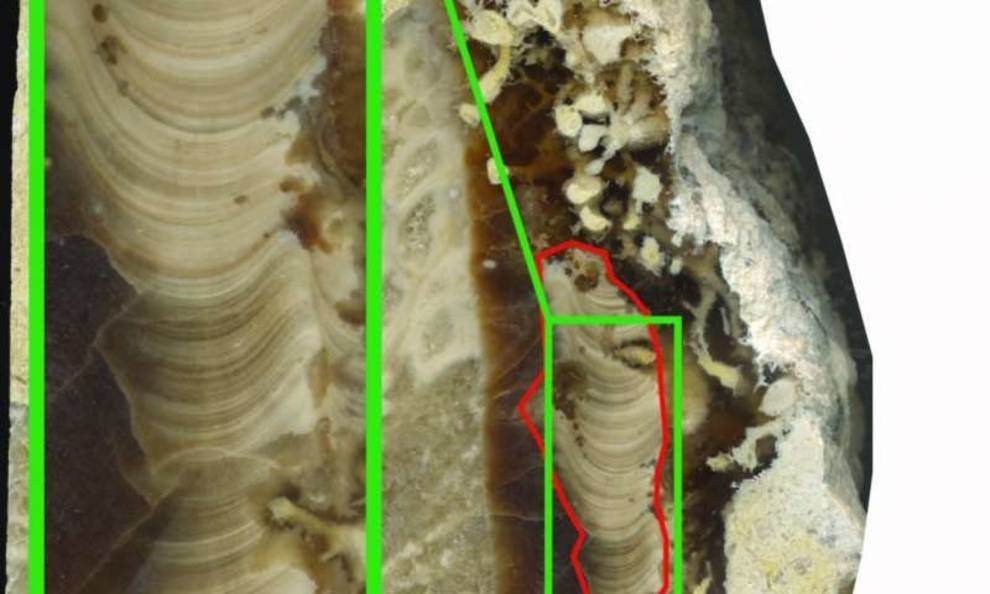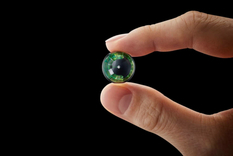We use essential cookies for the proper functioning of the website and additional ones to make interaction with the site as convenient as possible. It helps us personalize your user experience as well as obtain analytical information to improve the service.
If you agree to accept all cookies, click "Accept all"; if not, click "Only essential". To learn more, view the Cookie Policy.

The length of the day 70 million years ago was 23 hours 30 minutes — scientists
An ancient shell showed that 70 million years ago, the day lasted half an hour less. In other words, at the end of the dinosaur era, the length of the day was 23 hours 30 minutes, according to a study by archaeologists from the Free University of Brussels.
Scientists have analyzed the shells of the rudists, the now extinct group of bivalve mollusks, which grew quite quickly and left growth rings on their sink similar to tree rings.
At the end of the Cretaceous, the rudists were the dominant species that grew on reefs in tropical waters: that is, they played about the same role that corals today play. Representatives of this species died out 66 million years ago - as a result of the same events that caused the death of land and water dinosaurs.
In a new work, researchers used lasers to select small pieces of shell and more accurately count growth rings than with microscopes. The laser made holes with a diameter of 10 micrometers, or about the same width as a red blood cell. An analysis of the trace elements in these tiny samples revealed the temperature and chemical composition of the water during shell formation.
The study allowed us to determine the exact number of days in a year about 70 million years ago. Scientists found that the composition of the shell changed during the day rather than during the season, and depended on the cycles of the ocean tides. Researchers also found that the shell grew much faster during the day than at night.
Scientists have analyzed the shells of the rudists, the now extinct group of bivalve mollusks, which grew quite quickly and left growth rings on their sink similar to tree rings.
At the end of the Cretaceous, the rudists were the dominant species that grew on reefs in tropical waters: that is, they played about the same role that corals today play. Representatives of this species died out 66 million years ago - as a result of the same events that caused the death of land and water dinosaurs.
In a new work, researchers used lasers to select small pieces of shell and more accurately count growth rings than with microscopes. The laser made holes with a diameter of 10 micrometers, or about the same width as a red blood cell. An analysis of the trace elements in these tiny samples revealed the temperature and chemical composition of the water during shell formation.
The study allowed us to determine the exact number of days in a year about 70 million years ago. Scientists found that the composition of the shell changed during the day rather than during the season, and depended on the cycles of the ocean tides. Researchers also found that the shell grew much faster during the day than at night.


